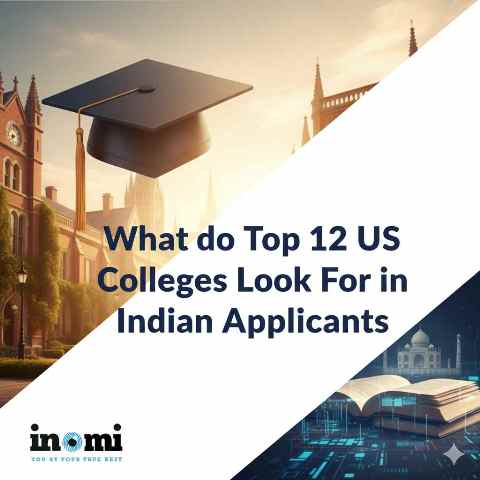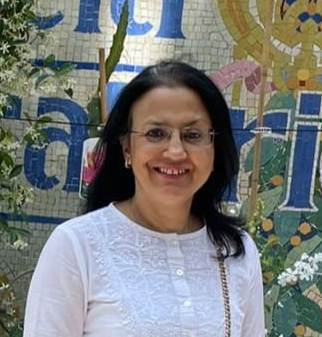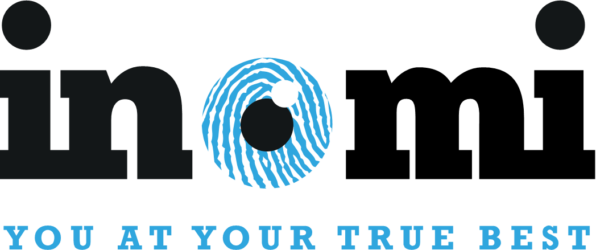
Every year, highly selective institutions receive tens of thousands of applications from brilliant students around the world — each with outstanding grades, test scores, essays, and extracurriculars. Yet only a few cut. What truly sets successful applicants apart? What do top US colleges look for in international applicants?
In this comprehensive guide, we explore what the top US colleges — including Harvard, Stanford, MIT, Yale, Princeton, and more — look for in their students. You’ll also find actual supplemental essay prompts that reveal each university’s personality and priorities, helping you align your application with their expectations.
The Big Picture: What Elite and Top US Colleges Value
While academic excellence is non-negotiable, top universities look for more than just grades and scores. They seek students who will contribute intellectually, socially, and creatively to their campus. As Martin Walsh, former Deputy Director of International Admissions at Stanford University, explains:
“Imagine these universities are planning a dinner party list. Who would they like to invite?”
In other words, universities are curating a diverse, dynamic, and curious community — not just admitting individuals with perfect resumes.
Here’s what some of the most selective universities are looking for.
Recommended Reading: Regular Decision Strategy – How to Strengthen Your Application Before January Deadlines
Harvard University: Intellectual Curiosity and Liberal Learning
Harvard sets the global standard for liberal arts and sciences education. It values intellectual exploration, curiosity, and a transformative approach to learning — both inside and outside the classroom.
What Harvard wants: Exceptional students with a deep love for learning, a commitment to inquiry, and a willingness to engage with ideas that challenge them.
Supplement prompt:
Write about an intellectual experience (course, project, book, or discussion) that has meant the most to you.
Stanford University: Intellectual Vitality and Community Impact
Stanford celebrates “intellectual vitality” — the drive to pursue ideas, take initiative, and create new knowledge. Students are expected to combine academic excellence with innovative thinking and a commitment to community impact.
What Stanford wants: Self-motivated learners who demonstrate curiosity, initiative, and measurable community impact through projects or leadership.
Supplement prompt:
Reflect on an idea or experience that makes you genuinely excited about learning.
Yale University: Aspiring Leaders for a Better World
Yale nurtures leaders who aim to serve society through knowledge, policy, and governance. Its hallmark is producing change-makers with strong academic and ethical foundations.
What Yale wants: Students with a record of leadership, integrity, and social engagement who want to make a difference.
Supplement prompt:
Reflect on a time when you worked to enhance a community you feel connected to. Why was it meaningful to you?
University of Chicago: Intellectual Boldness and Originality
UChicago thrives on curiosity, debate, and originality. It’s known for its quirky culture and love of unconventional thinkers.
What UChicago wants: Students who love to challenge norms, think deeply, and express bold ideas across disciplines.
Supplement prompt:
Create a new portmanteau and explain why those two things are a perfect match.
Dartmouth College: Independent Thinkers and Interdisciplinary Minds
Dartmouth seeks students who combine academic excellence with independent thought and a passion for interdisciplinary collaboration.
What Dartmouth wants: Curious minds who explore beyond boundaries and reflect deeply on ideas.
Supplement prompt:
Dr. Seuss wrote, “Think and wonder. Wonder and think.” What do you wonder and think about?
Brown University: Independent and Innovative Learners
Home to the “open curriculum,” Brown empowers students to design their own academic path. It values intellectual independence and the confidence to question the status quo.
What Brown wants: Self-driven learners who thrive in flexible academic environments and are eager to explore new ideas.
Supplement prompt:
Discuss an academic interest that excites you and how you’ll pursue it using Brown’s open curriculum.
Massachusetts Institute of Technology (MIT): Creativity and Real-World Impact
MIT looks for students who love numbers, science, and technology — and use them to make the world better. It values authentic problem-solvers, even when projects fail.
What MIT wants: Quirky, curious, hands-on learners with a genuine vision for change.
Supplement prompt:
Tell us about a challenge you’ve faced or something that didn’t go according to plan. How did you manage it?
California Institute of Technology (Caltech): Scientific Curiosity and Collaboration
Caltech is unapologetically STEM-focused but also appreciates creativity and collaboration.
What Caltech wants: Students who are passionate about science but also value the humanities and teamwork.
Supplement prompt:
How have you been a creator, inventor, or innovator in your own life?
University of Pennsylvania (UPenn): Leadership and Service
UPenn values leadership, initiative, and service across all areas of life — from academics to community engagement.
What UPenn wants: Well-rounded leaders who demonstrate empathy, purpose, and intellectual curiosity.
Supplement prompt:
How will you explore community at Penn? How will your experiences help shape Penn — and how will Penn shape you?
Columbia University: Courage and Critical Thinking
Columbia champions bold thinkers who are unafraid to speak up and challenge ideas. It values confidence, self-awareness, and the courage to think independently.
What Columbia wants: Confident innovators with strong perspectives and the ability to engage meaningfully with others.
Supplement prompt:
Describe a barrier or obstacle you have faced and discuss the personal qualities you developed as a result.
Princeton University: Academic Rigor and Depth
Princeton places exceptional emphasis on academic excellence and intellectual depth. It values sustained commitment over a long list of activities.
What Princeton wants: Students who challenge themselves academically and show deep dedication in one area — whether sports, music, or service.
Supplement prompt:
Reflect on how your lived experiences have shaped your perspective and what your classmates will learn from you.
Cornell University: Curiosity and Global Citizenship
Cornell is known for its friendly, inclusive culture and focus on broad inquiry and curiosity. It aims to nurture students into global citizens and community leaders.
What Cornell wants: Inquisitive, socially engaged students eager to contribute to a diverse learning community.
Supplement prompt:
Explain how your life experiences will help you contribute to Cornell’s diverse community devoted to “any person, any study.”
Final Thoughts
Getting into a top U.S. college isn’t just about ticking boxes — it’s about demonstrating intellectual curiosity, authenticity, and impact. Whether your strength lies in research, leadership, creativity, or service, your story should reflect how you think, learn, and contribute.
What Indian High School Students Should Focus On while Targeting Top US Colleges?
Applying to top U.S. universities from India requires more than excellent grades and test scores. With thousands of high-performing applicants from across the country, standing out means building a well-rounded, authentic profile. Here’s how Indian students can strengthen their applications:
- Go Beyond Academics: Maintain top grades (90%+ in core subjects) but show evidence of intellectual depth — through Olympiads, advanced coursework, independent research, or online college-level classes (like edX or Coursera).
- Show Consistency and Leadership in Activities: Focus on 2–3 areas where you’ve shown initiative and long-term commitment — such as leading a social project, starting a club, or creating something original (a podcast, research paper, or app).
- Highlight Community Impact: Admissions officers value meaningful social engagement. Volunteer for causes aligned with your interests, or develop small but scalable initiatives that demonstrate empathy and leadership.
- Craft Reflective Essays: Use essays to reveal who you are beyond marks — your thought process, values, and worldview. Authentic stories resonate more than lists of achievements.
- Secure Strong Recommendations: Choose teachers who know you well and can speak to your intellectual curiosity, character, and potential for growth.
- Plan Early for Standardized Tests: For SAT/ACT and TOEFL, start preparing by Grade 10 or early 11 to leave room for retakes and essay work.
The goal isn’t to do everything — it’s to pursue what truly excites you and build a narrative of passion, purpose, and impact.
How can Inomi Help with your Applications for Top US Colleges?
Want to learn how to strengthen your application or hear from students who made it to these top universities?
👉 Check out our Testimonials and visit our Contact Us page to start building your dream profile today!
Please note: This is a revised version of two of our previous articles:
What top US colleges look for in students (Part 1)
What do top colleges in the U.S. look for in their students (Part 2)

Eeva started her career in Retail Banking with U.S. Bank in Minneapolis. She has experience covering business analysis, operational supervision and management. Eeva has a passion in education and IB philosophy and has been guiding and mentoring parents and students in their educational and college counselling journey across STEM areas for the US and for their school journey. As a trained IB facilitator and a long-term parent representative, Eeva is deeply immersed in the parent and school experience as well. Eeva holds a Bachelor’s degree (International Business and Economics) from St. Catherine University, Minneapolis, USA, and also possesses Certificate Level Courses in IB Education, George Mason University, Fairfax, USA.
